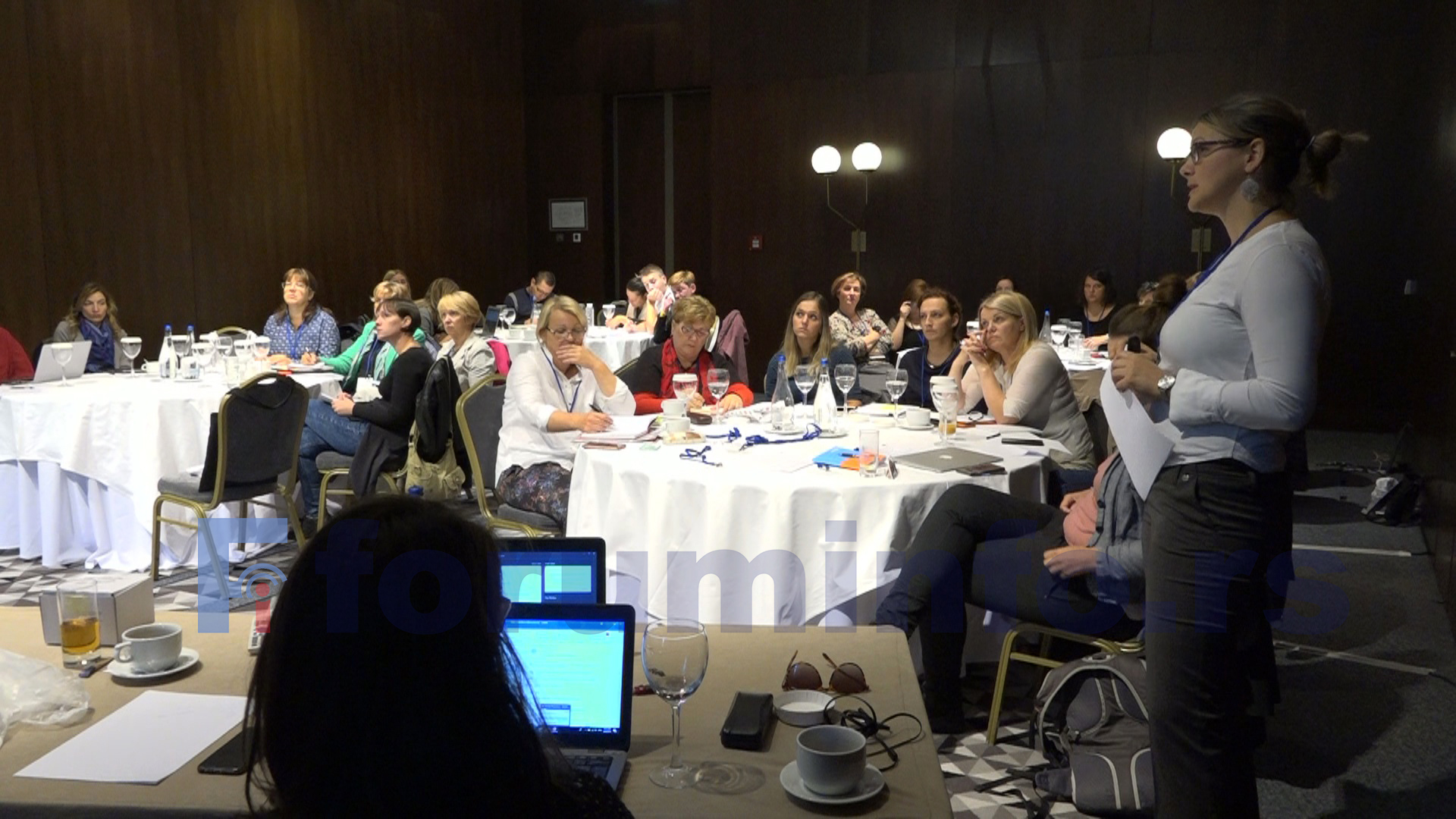Hotline: +381 61 63 84 071
Social entrepreneurship among key steps to gender equality

Photograph: Archive of NGO Atina
Within their efforts to economically empower and prepare women and girls survivors of human trafficking for the labour market, and help them find jobs at the same time, NGO ATINA has been implementing a project "Social entrepreneurship as a means of economic empowerment of women and girls who survived human trafficking", within a broader program "Key steps toward gender equality in Serbia", which has been implemented by the Coordination Body for Gender Equality of the Republic of Serbia, Ministry for European Integrations and UN Entity for Gender Equality and the Empowerment of Women (UN Women) with the support of EU Delegation in Serbia.
In addition to ATINA’s project, seven more organizations that will be working on economic empowerment of women and women's entrepreneurship have been supported. All projects provide models for supporting women to improve their economic position and equally participate in labour market, or as entrepreneurs. Economic empowerment of women, particularly women from marginalized groups, i.e. the ones who experienced some form of exploitation, is essential not only for support to overall fight for gender equality and policies that come out of it, but also for the improvement of overall socio-economic situation in the country that has been well-known as a transit country. Owing to the fact that women and girls who have survived human trafficking are recognized as a hard-to-employ group, support that is being provided through this project is even more significant as such programs are usually scarce. In other words, the country neither designs nor provides continuous support programs aimed at this vulnerable group. The aim of the economic empowerment program is not to affect only improvement of individual lives of these women, but to spur development and economic well-being of entire community.
Efforts directed toward gender equality also imply equal access to labour market, equal opportunities to find a job, and to have a dignified life. However, as much as this is hard to achieve for women at the level of general population, it is far more difficult to achieve for women from vulnerable or multiple marginalized groups, such as human trafficking victims. Therefore, working on economic empowerment of these women is only a precondition for them to be participate in the labour market and try to make a steady income for a dignified life, and give their contribution to fight for gender equality, which is why it is so important.
The objective of the project "Social entrepreneurship as a means for economic empowerment of women and girls survivors of human trafficking" is, on the one hand, to raise capacities for employment of 20 women who survived human trafficking through a comprehensive economic empowerment program consisting of several components – training for access to labour market, training in Bagel Bejgl, and practice in Bagel Bejgl shop. On the other hand, the idea is to promote social entrepreneurship as a concept that can encourage innovative profitable activities within women’s organizations.
The training program is about to start the following month.
This text was produced in the framework of the project "Support to Priority Actions for Gender Equality in Serbia", implemented by the United Nations Entity for Gender Equality and the Empowerment of Women (UN Women) with funding from the European Union. The views contained in the text are those of the authors and do not necessarily represent the views of UN Women, the United Nations or any of its affiliated organizations. The project is part of the initiative for supporting women entrepreneurship, women in rural areas, decreasing labor market and employment discrimination, encouraging dialogue on the importance of economic empowerment of women and exchange of knowledge and information among women entrepreneurs.













 FACEBOOK
FACEBOOK TWITTER
TWITTER YOUTUBE
YOUTUBE